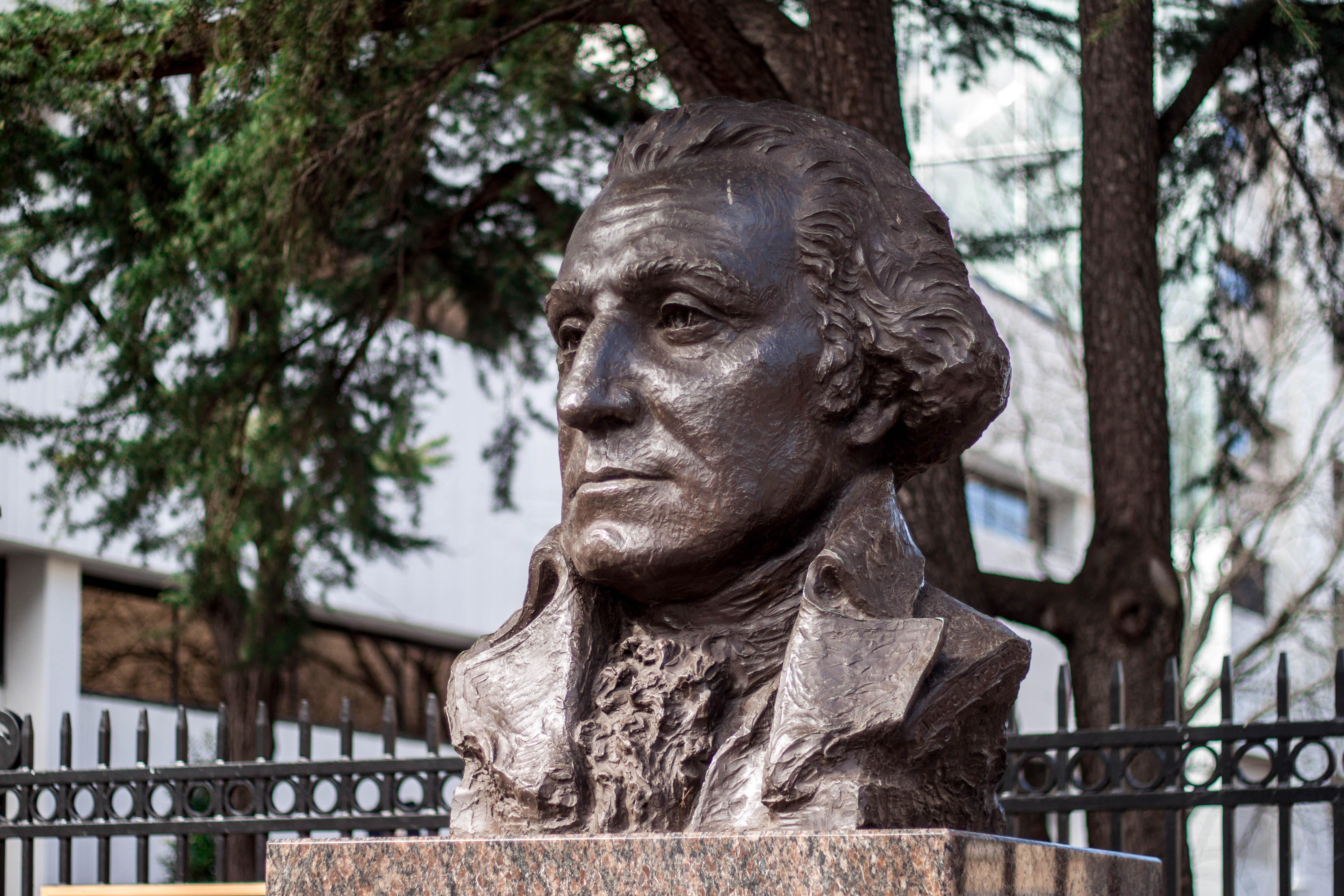Master the Art of Travel Medicine Packing in 15 Brilliant Steps
Traveling is an exciting endeavor, but it can also be fraught with unexpected health issues. Whether it's a minor cut from a hiking trip or a bout of food poisoning from an exotic dish, having a well-packed travel medicine kit can save the day. But what exactly should you pack? How can you ensure you're prepared for any medical situation that might arise during your travels? This detailed guide will walk you through 15 brilliant steps to master the art of travel medicine packing. Each step is backed by quality research and designed to provide practical, actionable advice.
Understand Your Health Needs
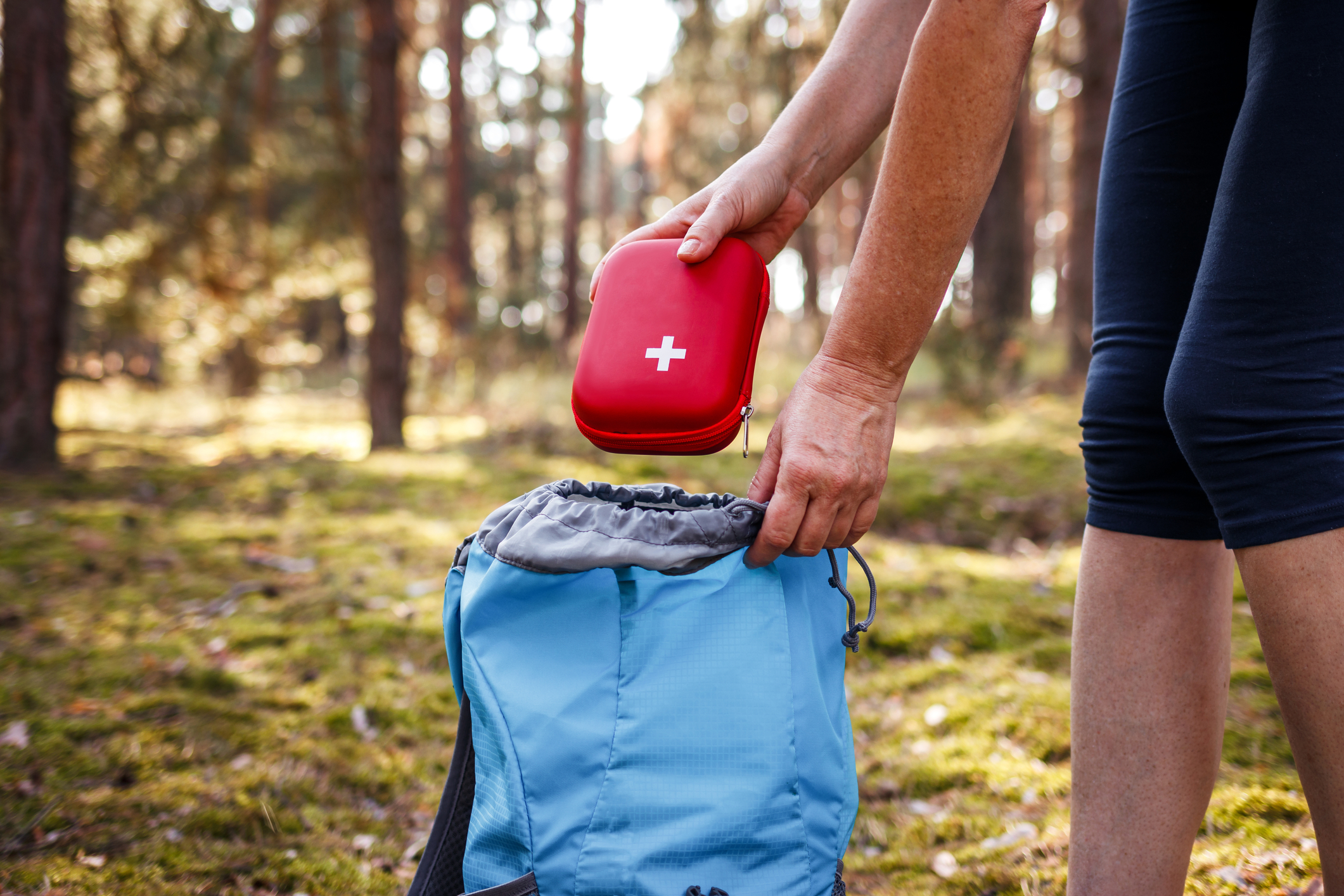
Knowing your own health needs is the first step in packing your travel medicine kit. Do you have any chronic conditions that require medication? Are you prone to certain illnesses or injuries? Your personal medical history should guide your packing decisions. For instance, if you have asthma, always pack an extra inhaler. If you're prone to motion sickness, include medication to combat this.
Research Your Destination
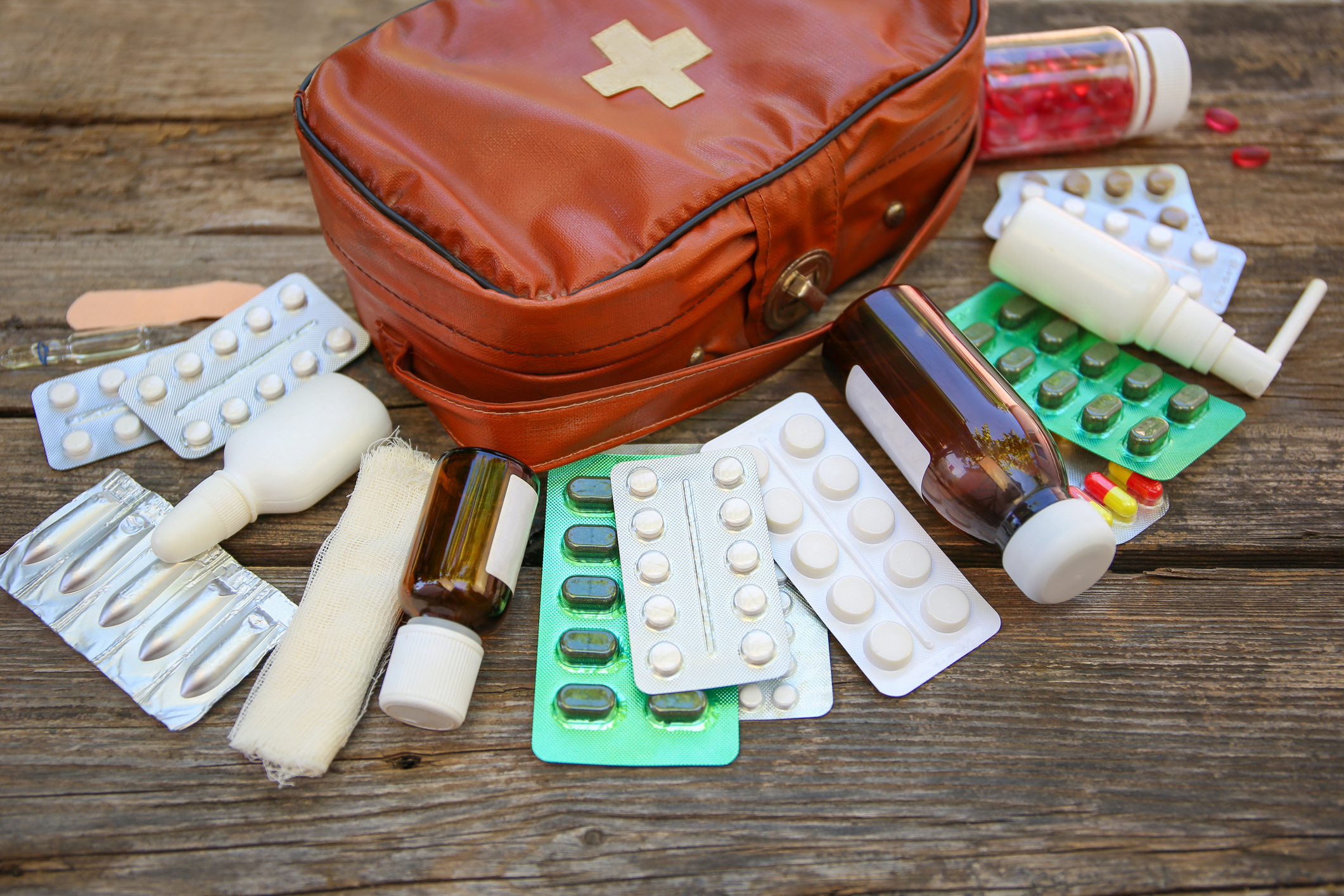
Every destination has its own health risks. Before you travel, research common health issues in the area you're visiting. Are there any endemic diseases, such as malaria or dengue fever? Is the tap water safe to drink? Understanding these risks will help you pack the right medication and preventative measures.
Pack Essential Medication
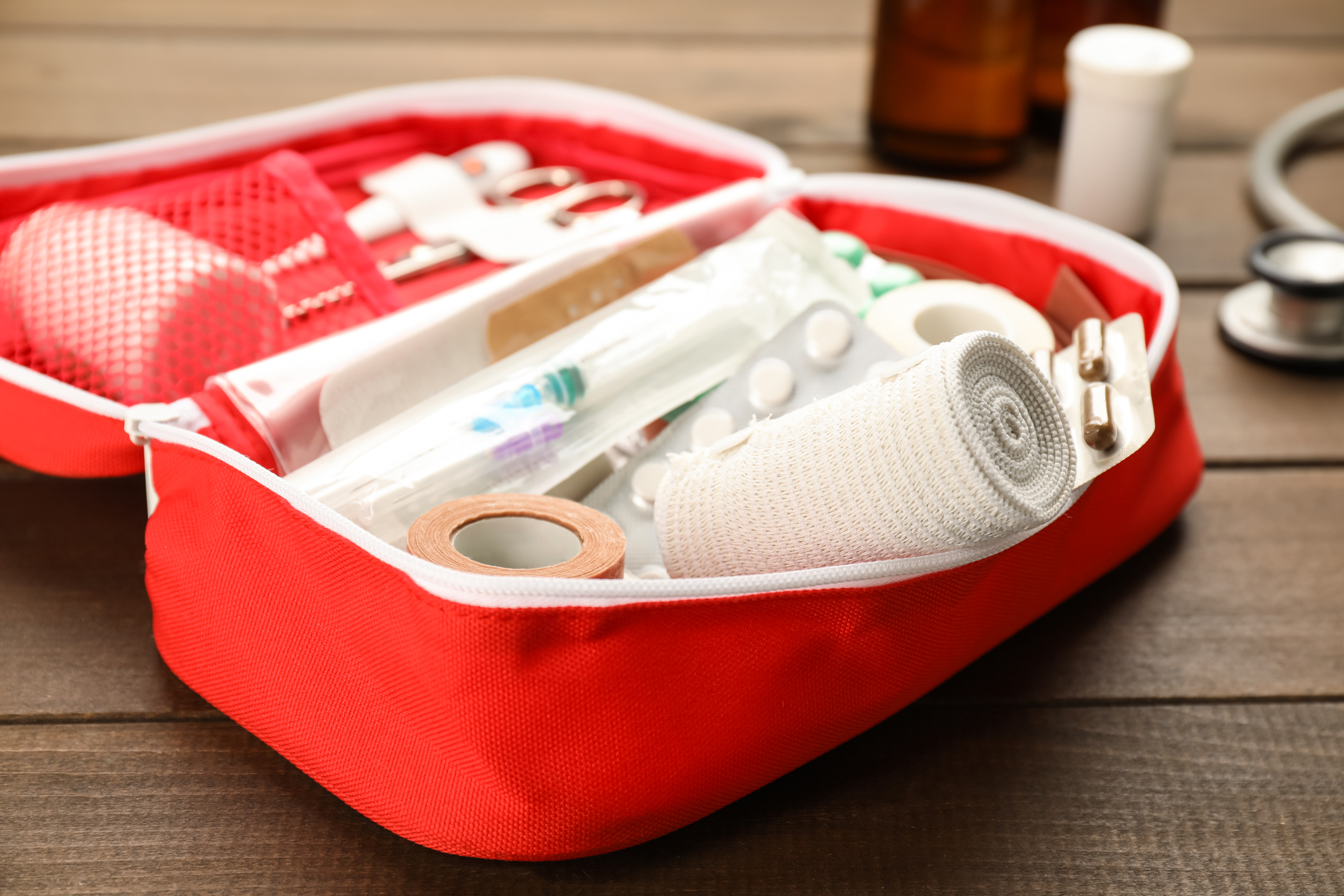
There are certain medications that should be in every travel medicine kit. These include pain relievers, anti-diarrheal medication, antihistamines for allergies, and medication for motion sickness. These medications can address common health issues that can occur during travel.
Include First Aid Supplies
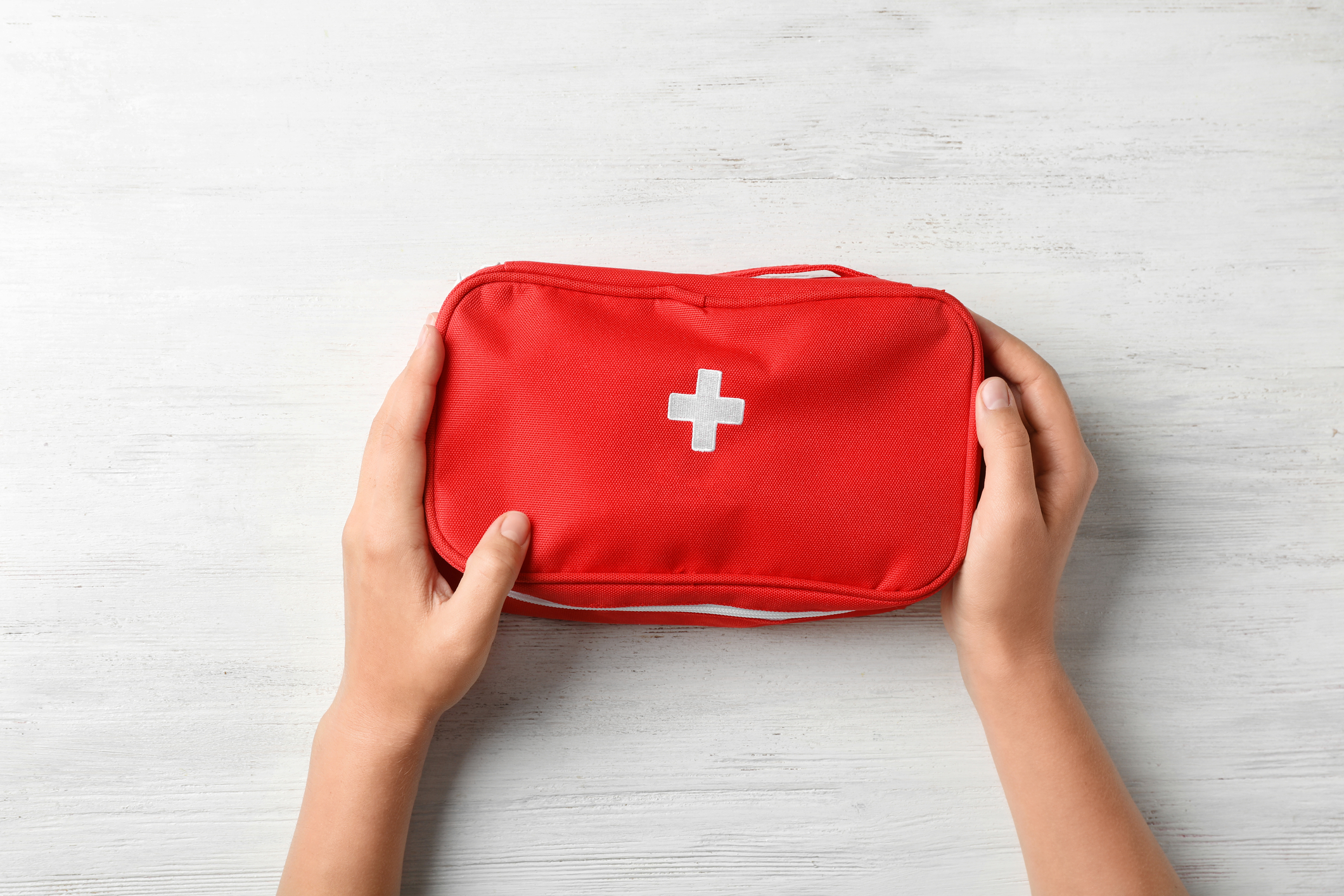
A basic first aid kit is a must-have in your travel medicine kit. This should include bandages, antiseptic wipes, tweezers, and a digital thermometer. These items can be used to treat minor injuries and monitor your health.
Consider Vaccinations
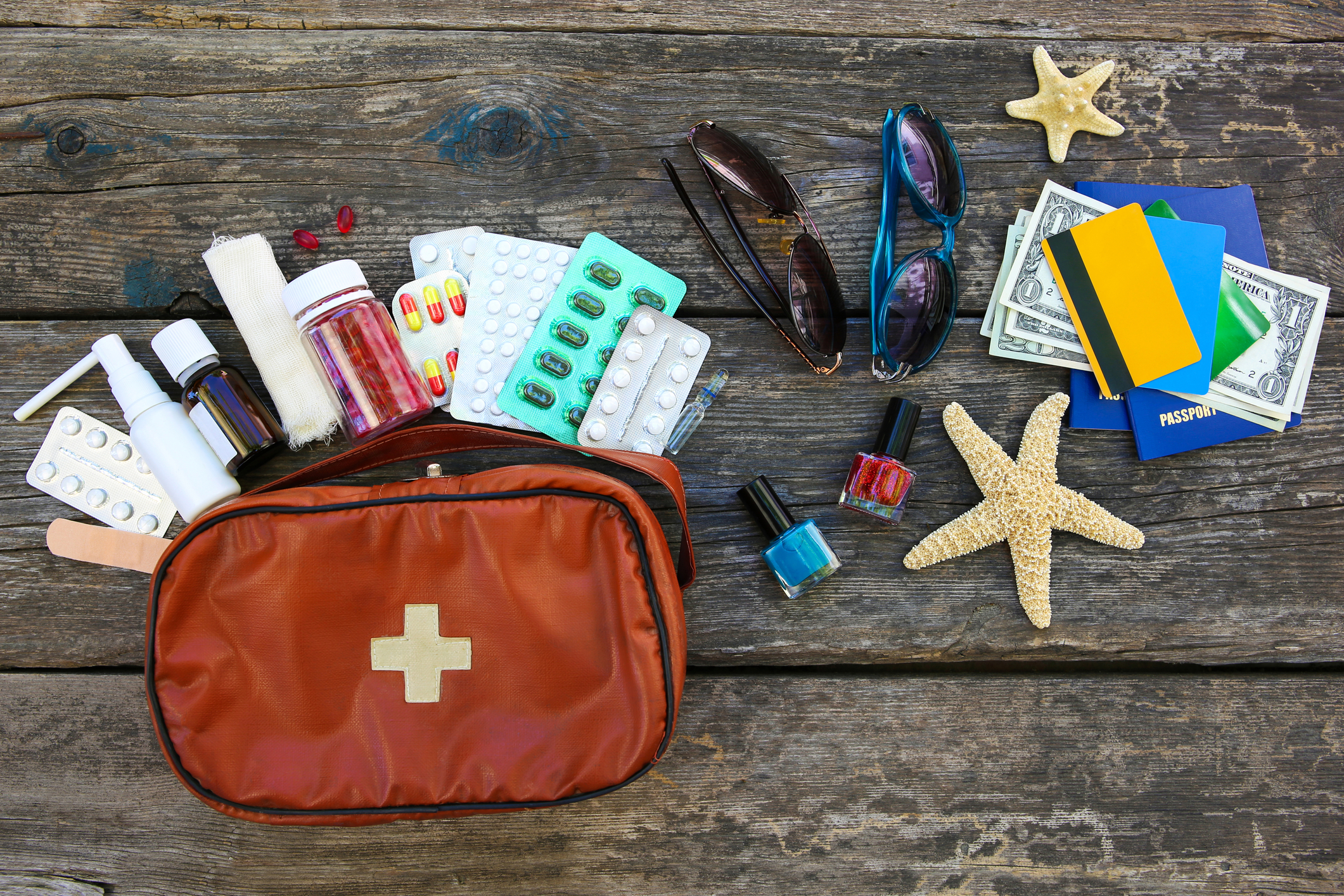
Depending on your destination, you may need certain vaccinations. Consult your doctor or a travel health clinic to determine what vaccinations you need. Remember, some vaccinations need to be administered weeks before travel, so plan accordingly.
Pack Prescription Medication
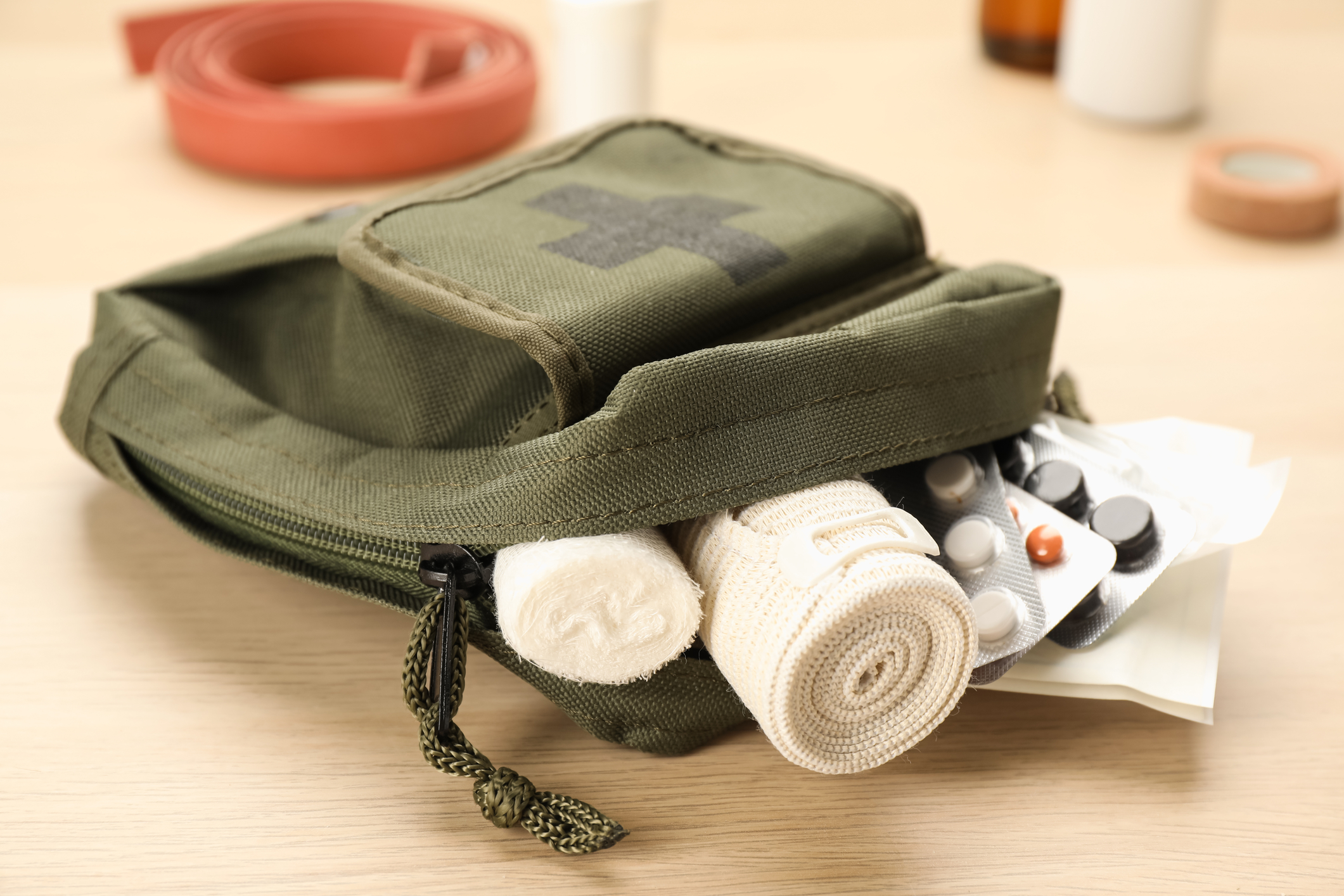
If you take prescription medication, make sure to pack enough for your trip. It's also wise to bring a copy of your prescription in case you lose your medication or need to explain it to a foreign pharmacist.
Prepare for Common Travel Ailments
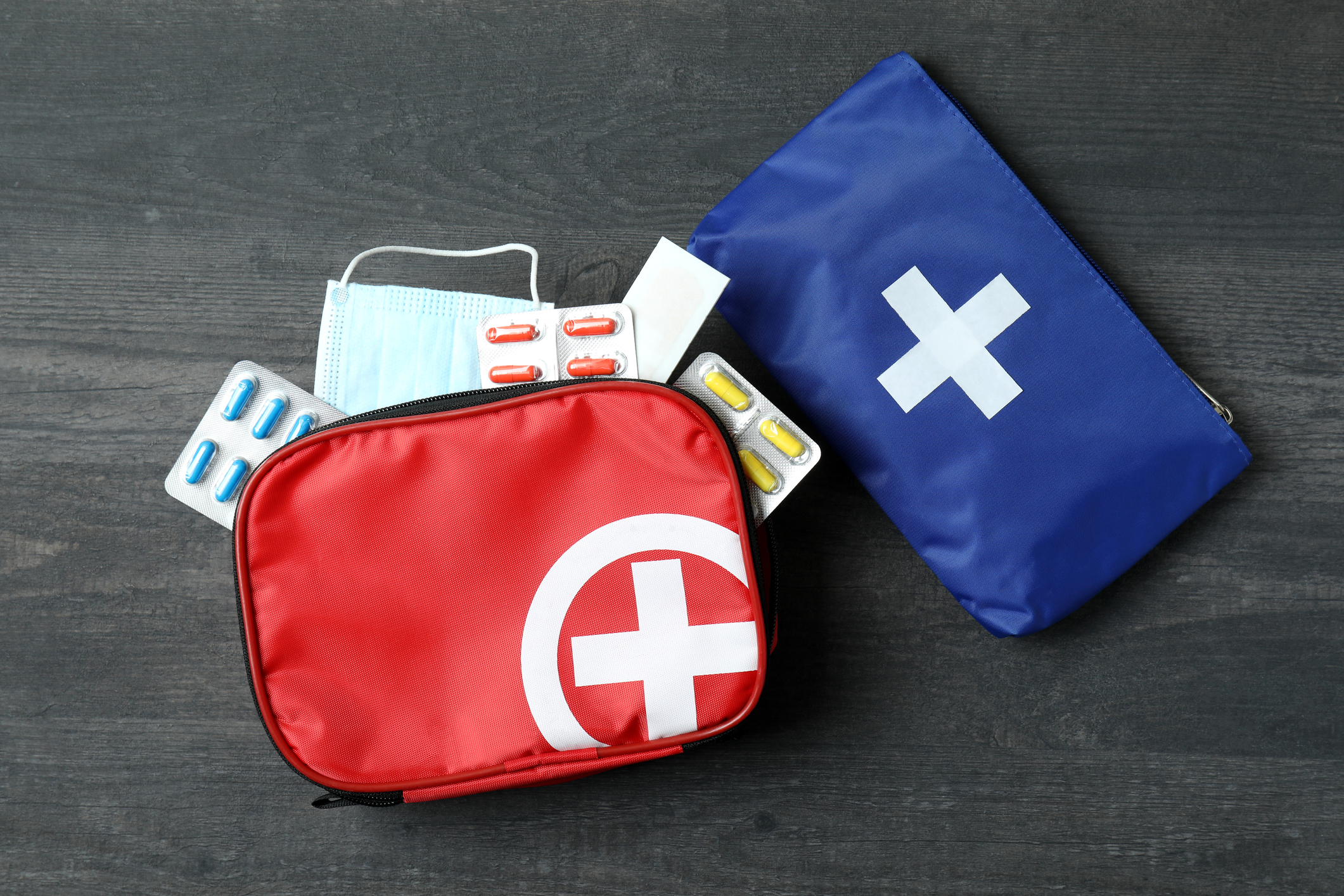
Common travel ailments include jet lag, altitude sickness, and traveler's diarrhea. Pack medication to help manage these conditions and research ways to prevent them.
Plan for Adventure Activities
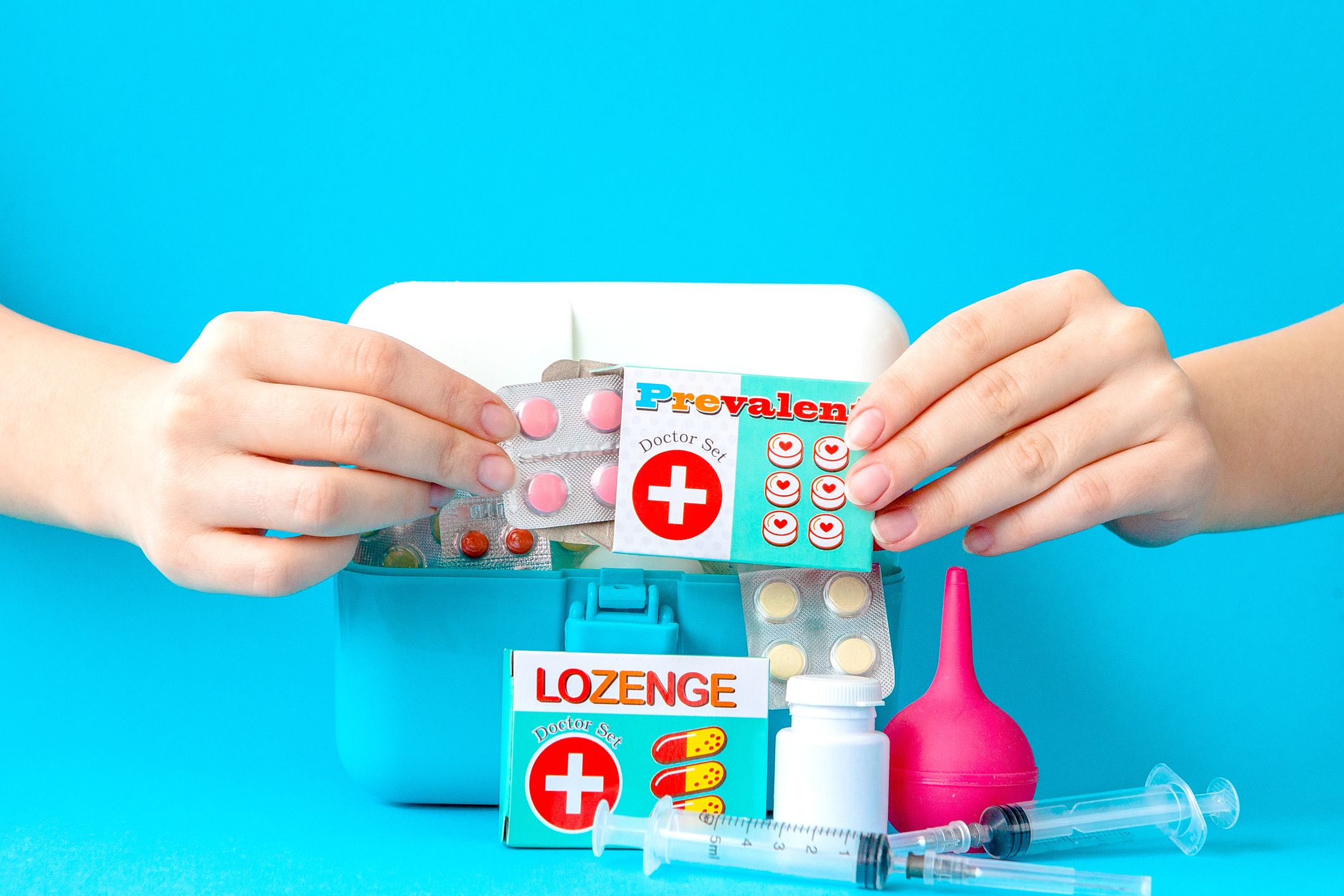
If your travel plans include adventure activities like hiking, diving, or skiing, pack additional medical supplies. These might include a snake bite kit, altitude sickness medication, or a splint for potential fractures.
Include Personal Hygiene Items
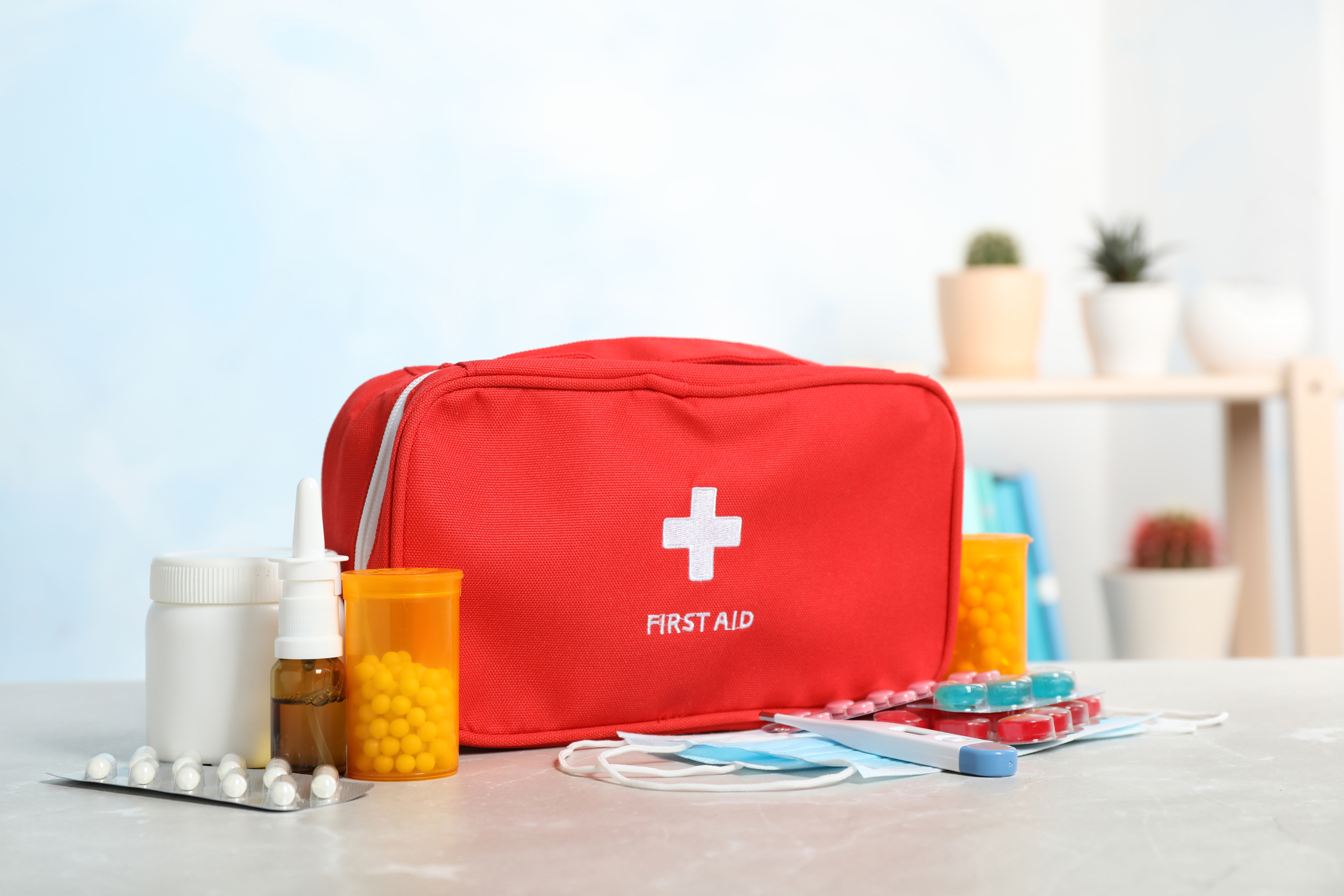
Personal hygiene items like hand sanitizer, wet wipes, and tissues can help prevent illness. They're especially important in areas with poor sanitation or when you're traveling off the beaten path.
Consider Over-the-Counter Medications
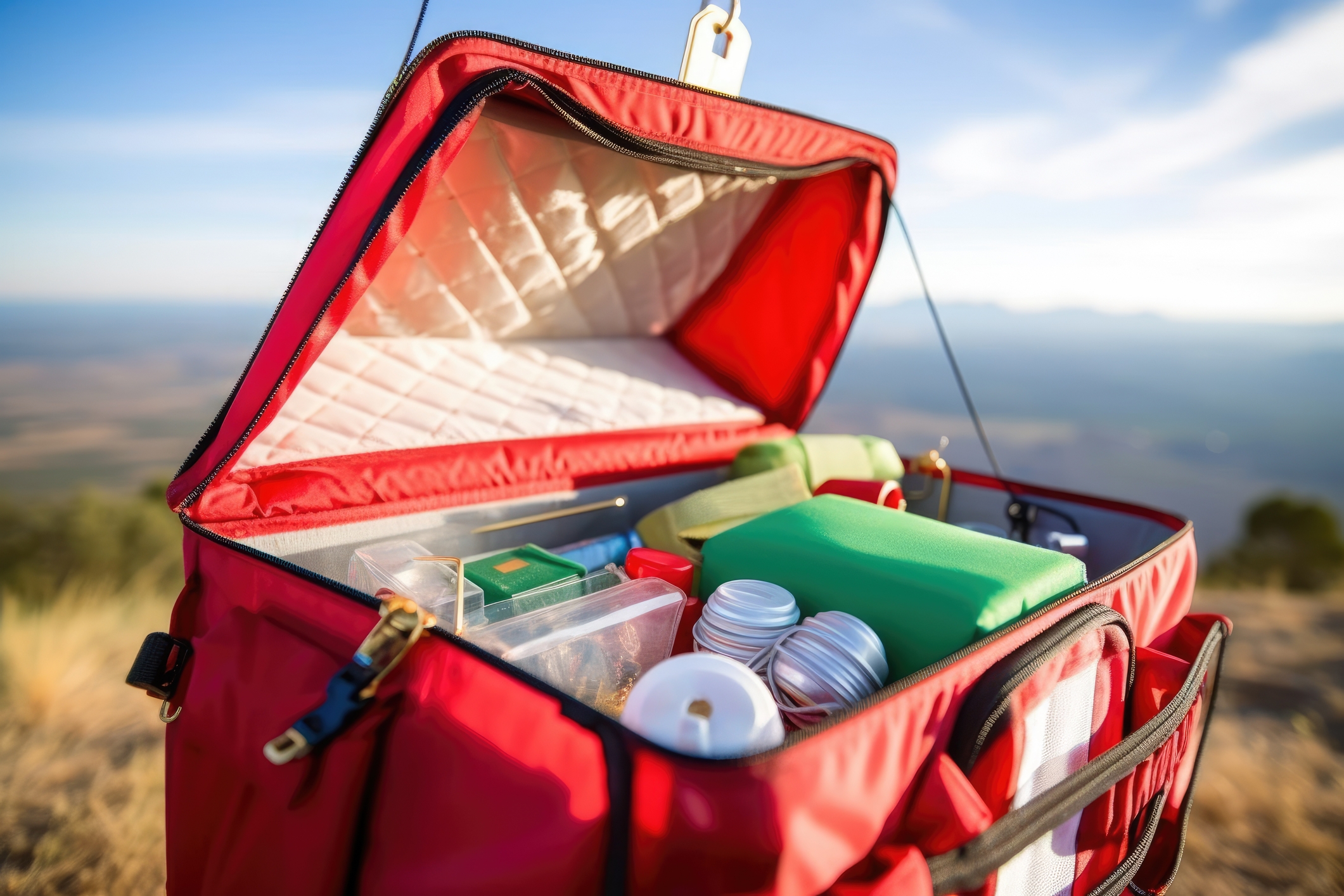
Over-the-counter medications can be hard to find in certain countries. Consider packing items like cold and flu medication, cough drops, and nasal spray.
Organize Your Kit
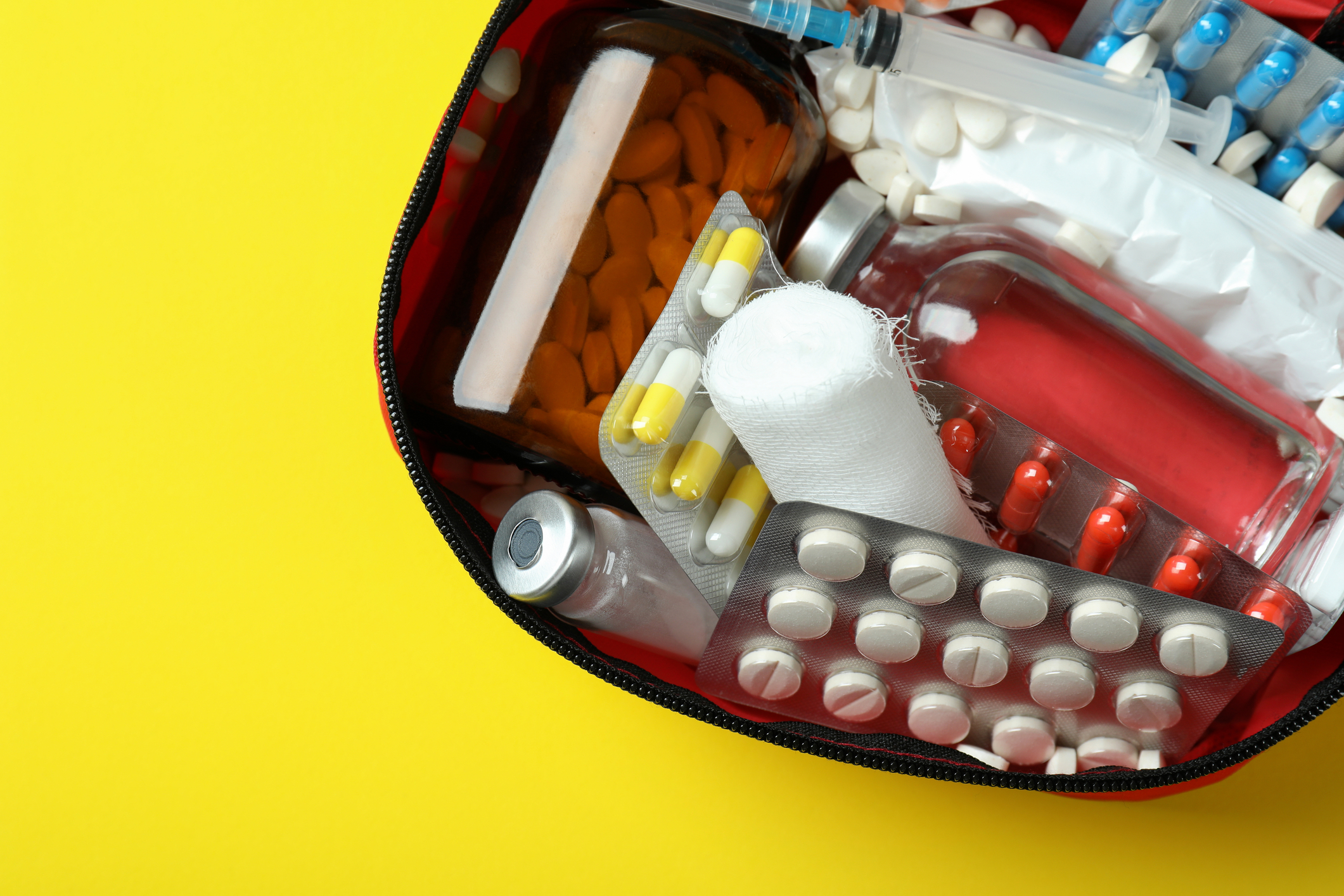
A well-organized kit is easier to use in an emergency. Use clear, resealable bags to separate items by category. Label each bag for easy identification.
Check Travel Restrictions
Some countries have strict rules about what medications you can bring. Always check the travel restrictions for your destination to avoid having your medication confiscated.
Keep Your Kit Accessible
Keep your travel medicine kit in your carry-on bag. This ensures you have access to it at all times and prevents it from being lost or damaged in checked luggage.
Review and Update Your Kit
After each trip, review and update your kit. Replace any used or expired items. This ensures your kit is always ready for your next adventure.
Mastering the art of travel medicine packing takes time and research, but it's worth the effort. A well-packed kit can provide peace of mind and help you handle medical emergencies during your travels. By following these 15 steps, you'll be well-prepared for any health challenges that come your way. Safe travels!

